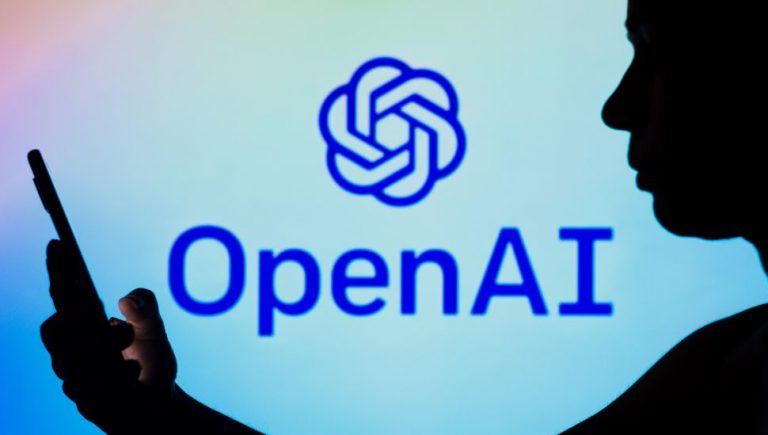Apple’s Ambitious HomePod Revival: Can Apple Intelligence Rival Smart Speaker Leaders?

Apple’s AI: A Tale of Catching Up
Apple’s recent Glowtime event unveiled a slew of new products and features centered around its Apple Intelligence AI. While the event was packed with exciting announcements, it’s hard to ignore the feeling that Apple is playing catch-up in the AI game.
Familiar Territory
As someone familiar with the AI landscape, I couldn’t help but notice how many features announced by Apple had counterparts at Google, OpenAI, or Meta. The advanced natural language understanding, photo editing tools, and enhanced smartphone controls all seemed to be iterations of ideas already explored by others. It’s as if Apple is trying to catch up to the competition rather than forging new ground.
The Siri Saga
Siri was once revolutionary, setting a standard for voice assistants that others struggled to match. However, the arrival of Google Assistant and Amazon Alexa changed the game. While Siri remained a staple on iPhones, its competitors offered more comprehensive smart speaker and display solutions, along with superior voice assistant capabilities.
The Latecomer’s Dilemma
The first Echo smart speaker debuted in 2014, followed by the Google Home in 2016. Apple’s HomePod, released in 2018, was criticized for its limited performance and high price point. Even the HomePod Mini, released later, couldn’t match the capabilities of its competitors. Apple’s AI tools, while boasting Apple’s signature design and privacy focus, seem designed to match the competition rather than push the boundaries of what’s possible.
Apple’s AI: Steep Competition
Apple Intelligence is no exception. Many of the AI features announced by Apple have already been announced or released by Google and others. The company’s partnership with OpenAI to integrate ChatGPT-powered features is a good idea, but one that Microsoft and others have already pursued. Even Google has explored similar concepts with its Gemini AI assistant.
Unique Ideas?
Two features stood out as potentially unique or notably different from what we’ve seen before. The custom emojis, known as Genmojis, are a cute idea that might not be as easily replicable on Google-powered devices. More crucially, Apple’s emphasis on on-device AI processing and its Private Cloud Compute system could be a major selling point for customers, especially those concerned about privacy and data security.
Playing Catch-Up
Apple’s AI tools may bring some unique features to the table, but the company’s late entry and iterative approach suggest that it’s still playing catch-up. Like the HomePod, Apple’s AI tools seem designed to match the competition rather than push the envelope further. It’ll take more than fun custom emojis to retake the position Apple once held as a trailblazer in the tech world.






